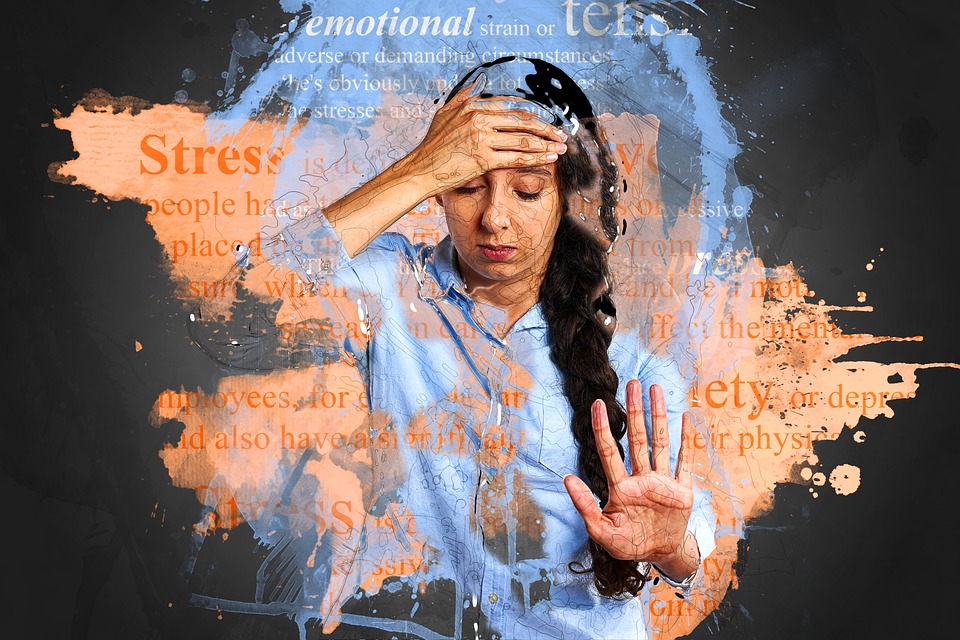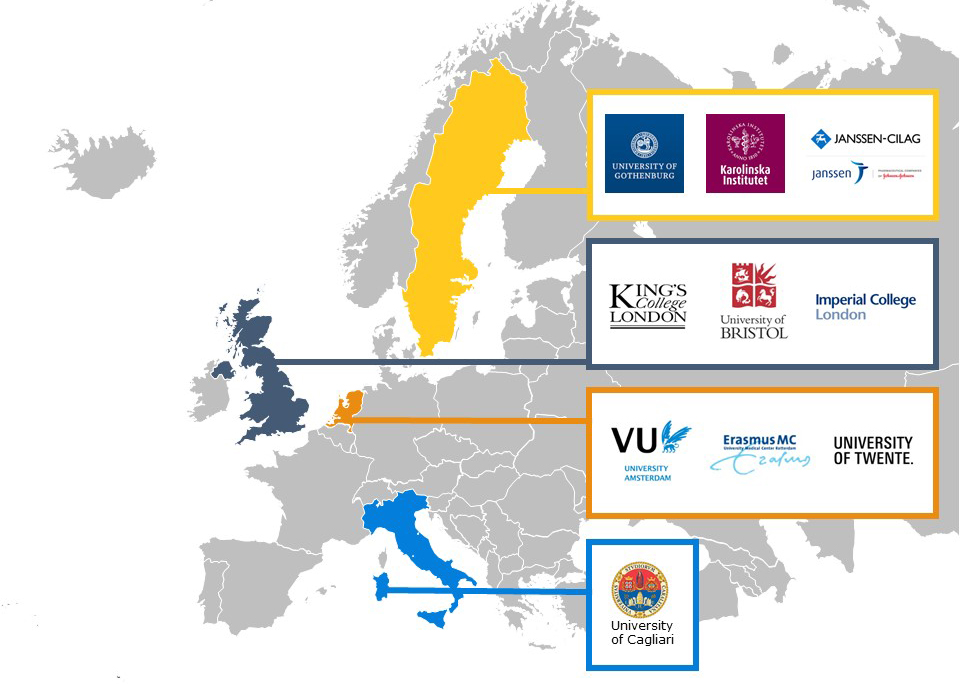Anxiety disorders are a group of mental disorders, for example, specific phobia, where people are extremely afraid of a specific object or situation that normally poses little or no real danger. Another example is a social anxiety disorder, where people are scared to talk to other people, thinking that they will embarrass themselves and will be talked about badly behind their backs.
Anxiety disorders are the most common mental disorders in childhood and adolescence and can start early in life. Anxiety disorders rarely occur alone; the possibility to suffer from an additional mental disorder at the same time is high. As with most mental disorders, suffering from an anxiety disorder alone or in combination with another mental health disorder causes a great amount of stress for the individual. For children and adolescents, this can have a negative impact on relationships with family, friends, schoolmates, and leisure time activities.
Studies focusing on the long-term outcomes of anxiety disorders in children and adolescents have demonstrated numerous relationships between earlier anxiety disorders and mental health issues in later life, such as depression, substance use, and suicidal behavior. Apart from the risk of developing several clinical outcomes later in life, child and adolescent anxiety is also connected to long-term impairment in other areas such as job-related and social functioning. Individuals are often less satisfied with their life and experience difficulties with their family and friends, in school or at work. For example, one study showed that adolescent anxiety in combination with depression may put people at risk for unemployment later in life. There is also research supporting the relationship between anxiety in adolescence and an increased risk of sick leave in young adulthood. Taken together, anxiety disorders form a major mental health problem and a better understanding of their course and consequences would help to recognize the need for early diagnosis and effective treatment, thereby reducing individual suffering as well as long-term costs for society.












